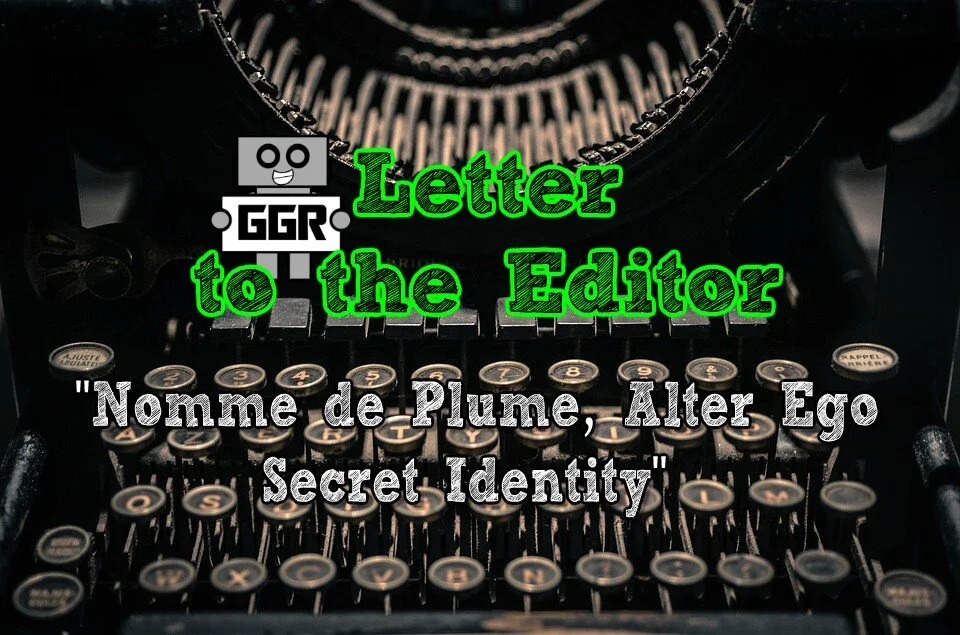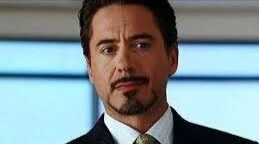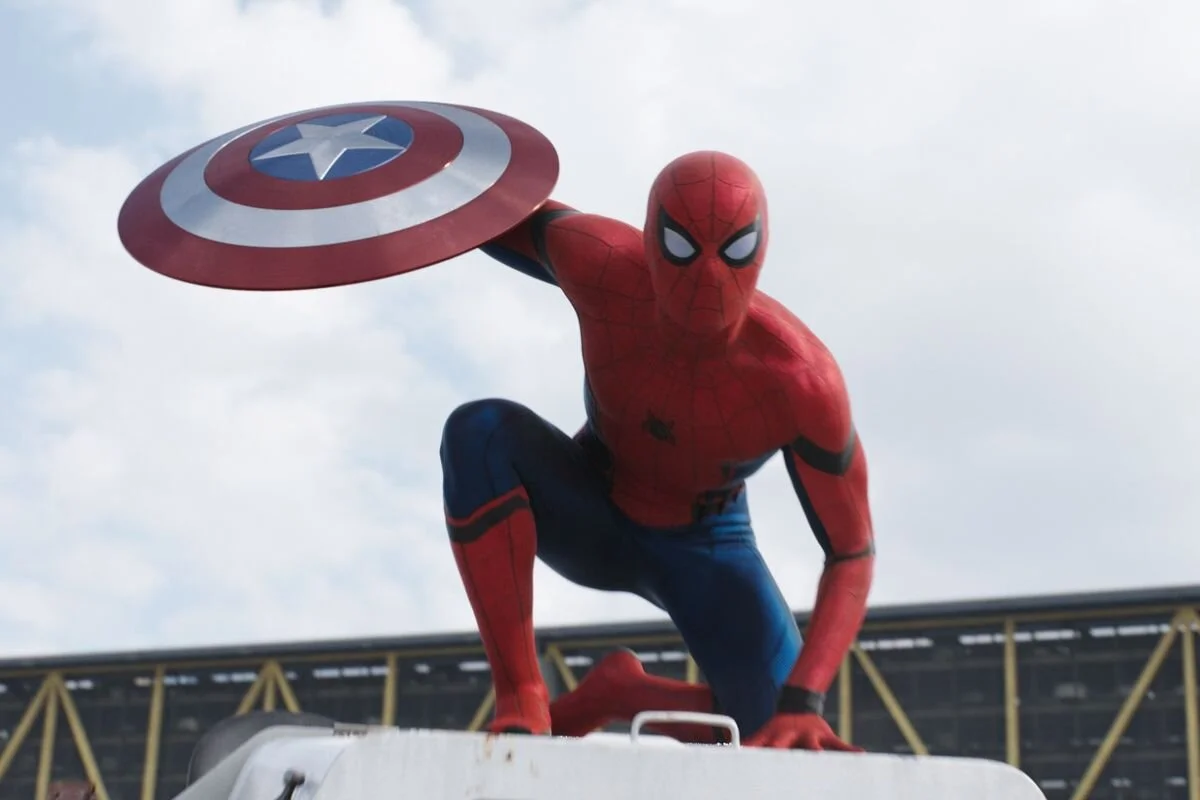Letter to the Editor: Nomme de plume, Alter Ego, Secret Identity
by Esteban Quintanilla
Reader beware, some minor spoilers follow…
I have observed a recent cultural shift that has been slowly moving across all of the mainstream big two super hero comic book intellectual properties for a while now. I first noticed it in the dramatic rise in the popularity and market dominance of the Marvel Cinematic Universe. Tony Stark (played by Robert Downey Jr.) in the Marvel movie canon, the Marvel Universe’s historic and longstanding original shell head Iron Man, announces to the world, that he is in fact the masked super hero vigilante Ironman in Iron Man (2008) and breaks off from the comic tradition of the secret identity. The world as that universe knows it would never be the same. Unbeknownst to the comic book reading audience’s world at large, the same could be said: super heroes would begin ditching the mask.
The mask has long played a dual role in the secret origin of the costumed adventurer, both providing protection for the loved ones, and immunity from legal ramifications and retribution. In Christopher Nolan’s The Dark Knight (2008), an epoch film in super hero comic book movies, an intrepid young worker for Bruce Waynes Wayne foundation deduces what should be obvious to anyone regardless of their rank detective level: that Bruce Wayne is Batman. This young and ambitious worker bee tries to leverage this information twice: once for blackmail and again to stop the Joker from continuing his reign of terror against the city. These scenes are crucial to understanding the super hero mindset because you see the direct logic of why their identity is so precious. In the movie, the young Wayne executive who has deduced the truth faces the harsh realization each time, that he cannot use this information against the Batman (because Batman won’t allow him to), nor can he use to help the Batman (Because the Joker won’t allow him to).
While ultimately The Dark Knight reinforced the importance of the mask in the life of the vigilante, it may have set the stage for a reexamination of what once were unstated, unspoken rules of the game. Maybe things could be different. Fast-forward a full decade later and Superman is no longer Clark Kent. but I’ll circle back to that, first in the Marvel Cinematic Universe, the immensely popular Marvel comic book story “Civil War” (originally written by Mark Millar) has been change-adapted for the silver screen. The underlying schism that breaks up the heroes has been redefined to no longer being a matter of “capes” and “vigilantism” (masks), but as one of autonomy and oversight. The last steadfast holdover clinging to the secret identity was Spider-Man. Spider-Man’s wisecracks about fake names, out of sync pop culture references, and chatty dialogue seemed to make a new kind of sense coming from the mouth of a young hormonal teenager trying to fit into the super hero world.
This last decade ended on a rip-roaring note in the Marvel Cinematic Universe with half the population being “blipped” away for 5 years, then being “blipped” back. This certainly was a traumatic game-changer for the denizens of that universe. However, the theater audience had its own piece of bubble gum to chew on before the decade was done. J. Jonah Jameson’s The Daily Bugle trumpet announced to the whole world that Peter Parker was Spider-Man in the post-credits scene of Spider-Man: Far From Home (2019). A cornerstone of the super hero mythology, that has been a part of the legacy of stories going back to the 60s is starting to be questioned and changed. The super hero as we know it, as we have been taught since childhood, the dual identity, the 2 names, the part-time job, all of that is under review. Would it be such a difficult leap to imagine that in 2030 some young father or mother will be introducing a young toddler to Superman and won’t bother telling the child about Clark Kent? Could Superman become like the Marvel Universe’s Thor and the fulltime personality walking and waking life character while Clark Kent becomes relegated to the imaginary dust bin of popular culture histories such as Jake Olson and Donald Blake. Just some food for thought on our change world.




